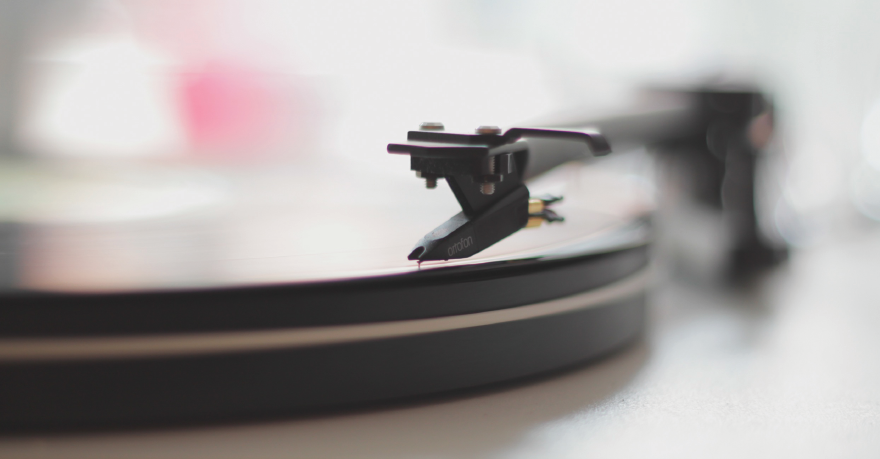By Melissa Wuske
Personality and Music Preference
Does personality dictate music preference? David Greenberg, a University of Cambridge psychologist, thinks it can have an effect. “People who are high on empathy may be preferring a certain type of music compared to people who are more systematic,” he said. Empathizers tend to prefer more mellow, emotion-evoking music, where as systemizers “are focusing more on the instrumental elements, seeing how the music is mixing together. It’s almost like a musical puzzle that they’re putting together,” Greenberg has found.
Overall Greenberg said, “We are seeking music that reflects who we are, so that includes personality, that includes the way we think, and it may even be the way our brain is wired.”
Evangelicals Less Likely to Follow Election
In a survey by the Barna Group, evangelicals are less likely than other segments of the population to be following the presidential election closely. While 41 percent of people in non-Christian faiths and 36 percent of skeptics are following the election closely, only 20 percent of evangelicals are, according to the survey. In the previous four presidential elections, evangelicals have been following more closely than Catholics, but this year’s survey shows that Catholics are paying closer attention, at 38 percent. However, evangelicals are most likely (78 percent) to say that the results of this year’s election are “extremely important to the future of the United States.”
Religious Intolerance and Complaining
About two-thirds (63 percent) of Americans think Christians are facing increasing intolerance (up from half in 2013), while 43 percent think that Christians complain too much about how they’re treated—that sentiment is echoed by 41 percent of people who call themselves evangelical. “More Americans worry the U.S. has a hostile environment for religious liberty,” said Ed Stetzer, executive director of LifeWay Research. “As this perception grows, some approve of it while others speak up against it.”
Overall, rising numbers of Americans see religious liberty on the decline—60 percent say that religious liberty is decreasing (up from 54 percent in 2013). “Christians are particularly sensitive to what they see as intolerance toward their faith,” said Stetzer. “But they share a common concern with people of other faiths—that religious liberty in general is declining. And this perception is growing rapidly.”
Court Sentences Christian in Kazakhstan
Yklas Kabduakasov, a former Muslim in Kazakhstan who converted to Christianity, faced a drastic change in his sentence after courts reviewed his case. He was arrested in August 2015 for “inciting religious hatred.” Months later he was sentenced to seven years of house arrest, but then, just more than a month after his sentence pronouncement, the court altered it, assigning him instead two years in a labor camp.
Kazakhstan’s National Security Committee (KNB) secret police had monitored Kabduakasov for more than a year, recording his conversations with four university students when they met to study the Bible. Kabduakasov’s conviction is one of many times the government has used Criminal Code Article 174 to stop those deemed political or religious dissidents.
Melissa Wuske is a freelance editor and writer. She and her husband, Shawn, live and minister in Jamaica Plain, Massachusetts. Find her work online (melissaannewuske.com).



Comments: no replies